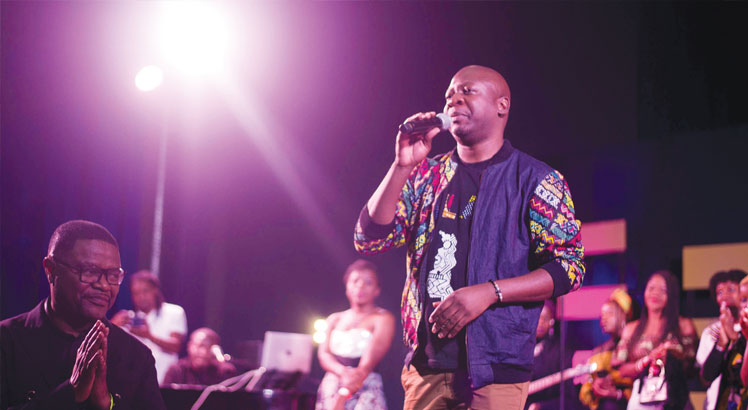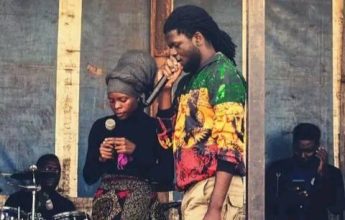Radio DJs on song
 No conversation about music marketing ends without a buzz about radio DJs. Popular hits are nothing without radio airplay, goes the saying as the music industry welcomes new names daily.
No conversation about music marketing ends without a buzz about radio DJs. Popular hits are nothing without radio airplay, goes the saying as the music industry welcomes new names daily.
As some CDs gather dust in music libraries due to competition, other artists even bribe radio DJs to get airplay.
Love it or loathe it, the brutal truth does not only show the boundless power of radio stations but also brings into question the few DJs that double as musicians. Is their dual talent just trendy or conflict of interest?
Radio DJs who double as musicians in Malawi include FM 101 Power’s Kenny Klips and DJ Boo, MIJ FM’s Nicolas Mbonela and Aubrey Kusakala, Capital FM’s Jose Viera as well as MBC’s Diktator. Even former Big Brother housemates Lomwe and Code started singing while deejaying at FM 101.
The quality of their offerings is for the listenership to judge, but are they worth the airplay they get? Would the songs get the replays if they were done by ordinary musicians?
MIJ FM presenter Chikondi Mmanga pulls no punches that some DJs take advantage of their status to mute good music.
“There is no way DJs-cum-musicians can ignore their own work. Sometimes, they overdo it and eclipse talented musicians who, unfortunately, are not DJs,†says Mmanga, adding some radio personalities even ‘smuggle’ their music into the charts.
This, she says, fools listeners into believing that the DJs’ music is worth buying.
“I’m not against DJs playing their own songs, but I’m uncomfortable with the abuse that comes with the tendency,†says Mmanga.
Conflict of interest
MBC Radio 2 FM’s Joy Nathu feels this is conflict of interest.
He says: “Most radio DJs tend to play their own music because they are seeking
airplay against competition from good musicians. That is unprofessional because it shows how biased the DJs are. Let other DJs play the music, not the singers.â€
According to Nathu, by hijacking the airwaves, the DJs force listeners to their music and “it is even trickier when the music is not good.â€
However, Klips (aka Shawishi) of Ntofu defends his fellow DJs who double as musicians, saying: “they deserve their share of radio play if their music is good.â€
“After all,†argues Klips, “No DJ composes music as a serious career.â€
The selectors may not be among the bestselling names, but how does Klips guard against conflict of interest?
 “I have hits that are listeners’ favourites and I receive requests to play my music, but I choose not to because it doesn’t feel right for me to play my own music in my public service,†says Klips, adding his programme follows strict playlists.
Likewise, Sendeza             co-hitmaker Nicolas Mbonela (alias Nthumwi Nicodemo) of the fallen Atumwi duo says popularity of the music is the yardstick.
“Some DJs force their unpopular music on air, claiming they are doing so by public demand. If the music is good, the demand will come automatically†says Mbonela, saying radio stations need special authorities to police music programmes and arrest bias.
“It is surprising that it is only the singer who plays his CD on air, not the rest of the announcers. If the music is popular, it has to be appreciated by the whole team,†he says.
Level playing field
Concurring, hip hop artist Tay Grin urged radios to level the playing field and radio DJs to guard against abuse of their portfolio.
“Music is not forced on people, good music will always prevail. If their music is good, it will spread. They have a greater platform and being in the industry gives them leverage,†says the Two by Two  rapper.
As the debate continues, it is a fact that promotion of a shoddy song kills another that is worthwhile. DJs ought not to be in the forefront of this conspiracy at a time the highly played songs are failing to sell the country’s music industry to the rest of the world.





